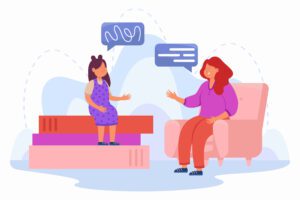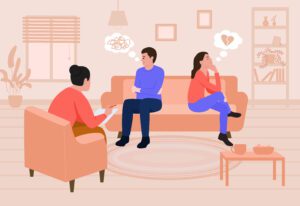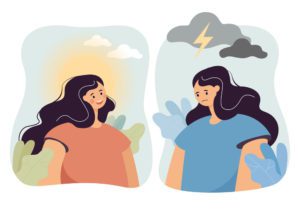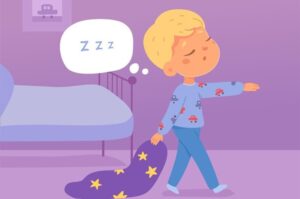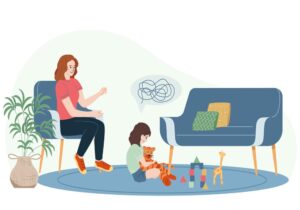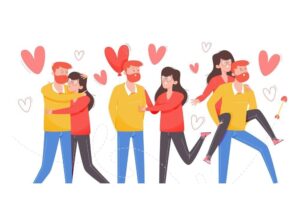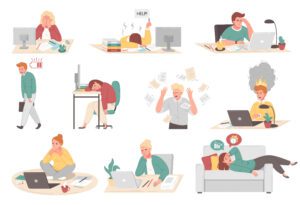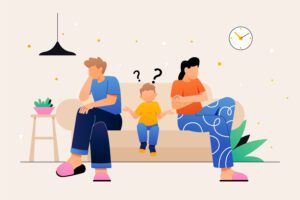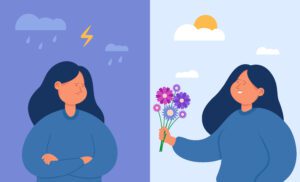Navigating Compassion Fatigue in the Digital Age: A Call to Prioritize Mental Well-Being
This article has been researched and written by Bruna Moubarak. AI has not been used in producing this article.
Amid the constant stream of information and images that flood our screens, the toll on our mental well-being can be profound, particularly when grappling with the atrocities we are currently witnessing in Gaza. Compassion fatigue, a silent intruder into our psyche, can gradually erode our capacity for empathy and leave us feeling emotionally drained and overwhelmed. This psychological phenomenon, heightened by the immediacy of social media, becomes especially poignant when examining its impact in the context of the Gaza violence.
As we explore the intricate relationship between compassion fatigue, social media, and mental health, this article aims to provide insight and actionable tips for folks interested in preserving their mental well-being.
Understanding Compassion Fatigue & the Impact of Social Media
Compassion fatigue is a psychological phenomenon stemming from the prolonged exposure to the suffering of others, particularly in the context of traumatic events. In the age of social media, this exposure is magnified, making us susceptible to its profound implications on our mental health. Constantly witnessing distressing images and narratives, especially through the pervasive reach of social media channels, can lead to emotional exhaustion. The relentless stream of traumatic content may induce a sense of depersonalization, wherein individuals feel detached or numbed in their emotional responses. Additionally, a diminished sense of personal accomplishment may emerge, as the overwhelming nature of the information may make one feel helpless.
Understanding these psychological dimensions is crucial for folks, particularly those in caregiving professions or frequent consumers of global news, to navigate the complexities of compassion fatigue and proactively protect themselves.
For those of us from regions affected by war & genocide, the impact of social media transcends mere exposure—it becomes a deeply personal and emotionally charged experience, a poignant reminder of personal histories and collective struggles. The virtual proximity to conflict zones, even through screens, can act as a trigger, awakening memories, fears, and a deep sense of powerlessness.
Social media, by virtue of its immediacy, intensifies the emotional connection, fostering a unique and often overwhelming sense of empathy.
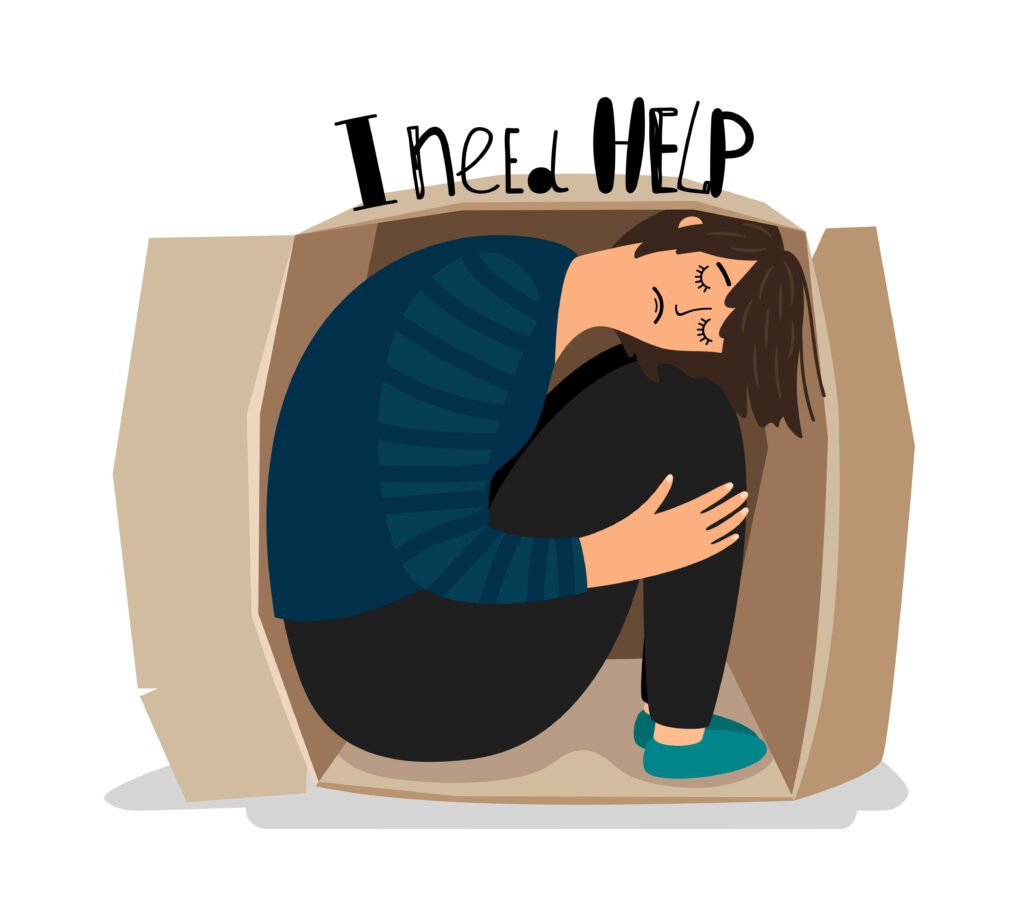
Navigating compassion fatigue requires a mindful approach, especially in the digital age. Below are some tips to consider utilizing:
- Set Boundaries: Limiting social media exposure and designating specific times for news consumption empowers us to control the influx of distressing information, creating space for mental rest and recuperation.
- Practice Self-Care: Beyond the cliché, self-care consists of cultivating habits that replenish emotional reserves – be it through walks, mindfulness practices, or artistic pursuits.
- Community Connection: The power of community lies not only in shared pain but also in collective resilience. Open conversations within supportive circles can provide emotional release and reinforce a needed sense of shared humanity.
- Seek Professional Support: Therapy offers a dedicate space for individuals to process emotions and develop coping strategies, serving as a valuable resource in navigating the complexities of compassion fatigue.
As a final note, engaging in informed activism not only channels empathy into meaningful action but also provides a constructive outlet for those seeking to contribute positively to the global narrative, including individuals dealing with anxiety. With a heavy heart, we recognize the devastation and deeply grieve for the innocent lives senselessly lost in Palestine. This article aims to shed light on ways all of us affected by the atrocity can better take care of ourselves so as to continue enduring in the face of tragedy. When every update carries the weight of the world, let us remember that, in caring for ourselves, we are better equipped to care for others.
Article prepared by Bruna Moubarak.
How Psychoeducational Assessments Help Shape Better Learning Plans in School
No two children are the same. Every child brings a unique mix of strengths, challenges, and ways of …
Can Relationship Counseling Work for Toxic Relationships?
Relationships can be complicated, emotional, and at times, painful. While every couple experiences ups and downs, some relationships …
10 Signs You May Have Anxiety
Anxiety is a normal and natural human response to stress, danger, or uncertainty. However, when anxiety becomes excessive, it can …
Child Sleepwalking and Talking: What You Need to Know
Childhood is a time of rapid development, filled with new experiences—and sometimes, surprising nighttime behaviors.
Questions a Child Psychologist Might Ask
When preparing for your child’s first appointment with a psychologist, it’s natural to feel curious—or even a little anxious—about what …
55 Love Questions for Couples to Deepen Your Relationship
In any relationship, communication is key. Whether you’re just starting out or have been together for years, asking meaningful
Stress vs. Anxiety vs. Burnout: How to Recognize the Difference
In today’s fast-paced world, understanding the differences between stress, anxiety, and burnout is crucial for …
Relocation Depression: Definition and Ways to Cope
Relocation depression, also known as moving depression, is a form of situational depression that arises from the stress …
How to Help Your Child with Anxiety Through Divorce
Divorce is a significant change that affects every member of a family. For children, the uncertainty and adjustments …
Depression vs Sadness: Understanding the Difference
While often used interchangeably, the terms “sadness” and “depression” represent distinct emotional states, each with …

